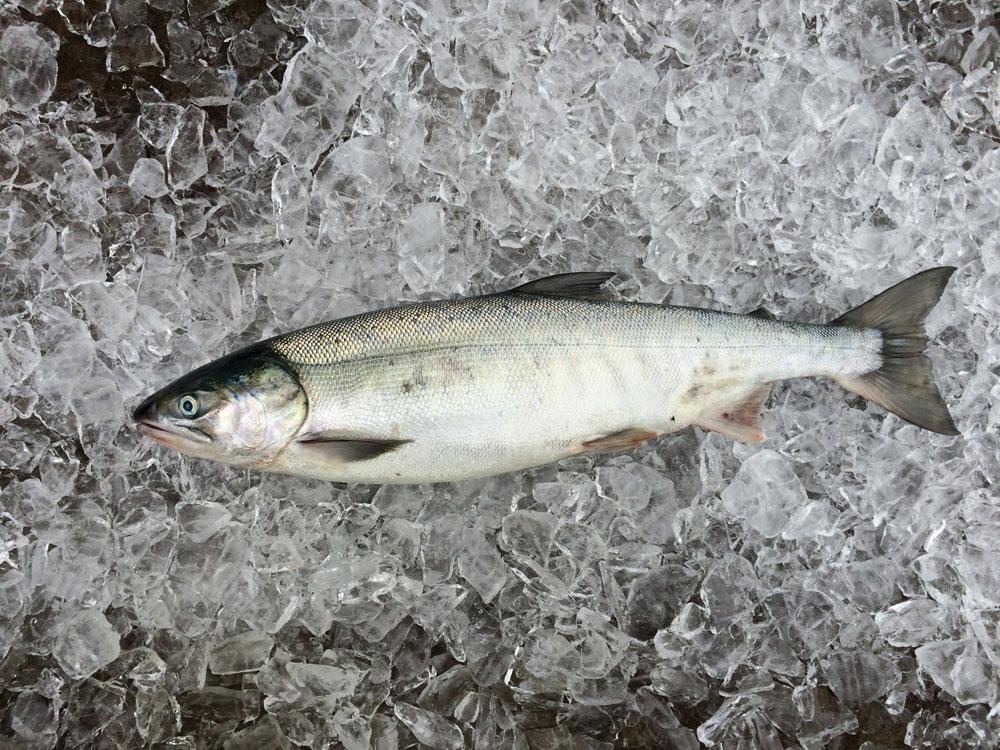Products
- Food Ingredients
Salmon Nasal Cartilage Extract Powder
| Display Name Example for Food | ◎ Salmon nasal cartilage extract (Contains Undenatured Type Ⅱ & Type Ⅺ Collagen, Undenatured Proteoglycan), etc. |
|---|---|
| Display Name Example for Cosmetics | ― |
| INCI | ― |
| Origin Raw material | Salmon Nasal Cartilage |
| Origin Raw material's Place of Origin | Hokkaido Japan |
| Manufacturing Place | Hokkaido Japan |
| Ingredients | Undenatured Type Ⅱ & Type Ⅺ Collagen、Undenatured Proteoglycan |
| Standardized Ingredients | Undenatured Type Ⅱ & Type Ⅺ Collagen:40.0 % or more 、Undenatured Proteoglycan:40.0 % or more |
| Functional Claims | ― |
| Recommended Dosage | ◎ 15~50 mg/day |
| Expected Function | ◎ Relieving joint pain and maintaining good health ◎ Anti-inflammatory effect |
| Uses | ◎ Joint spplements, drinks and processed foods |
| Properties | ◎White to lemon yellow powder, slightly unique smell |
| Storage Condition | ◎Store in cool and dark place, away from heat and moisture. |
| Remarks |
|
| Characteristics | ■Contains Undenatured Type Ⅱ & Type Ⅺ Collagen, Undenatured Proteoglycan ■ Reducing Joint Pain Sixty men and women aged 40 to 75 who have subjective |


